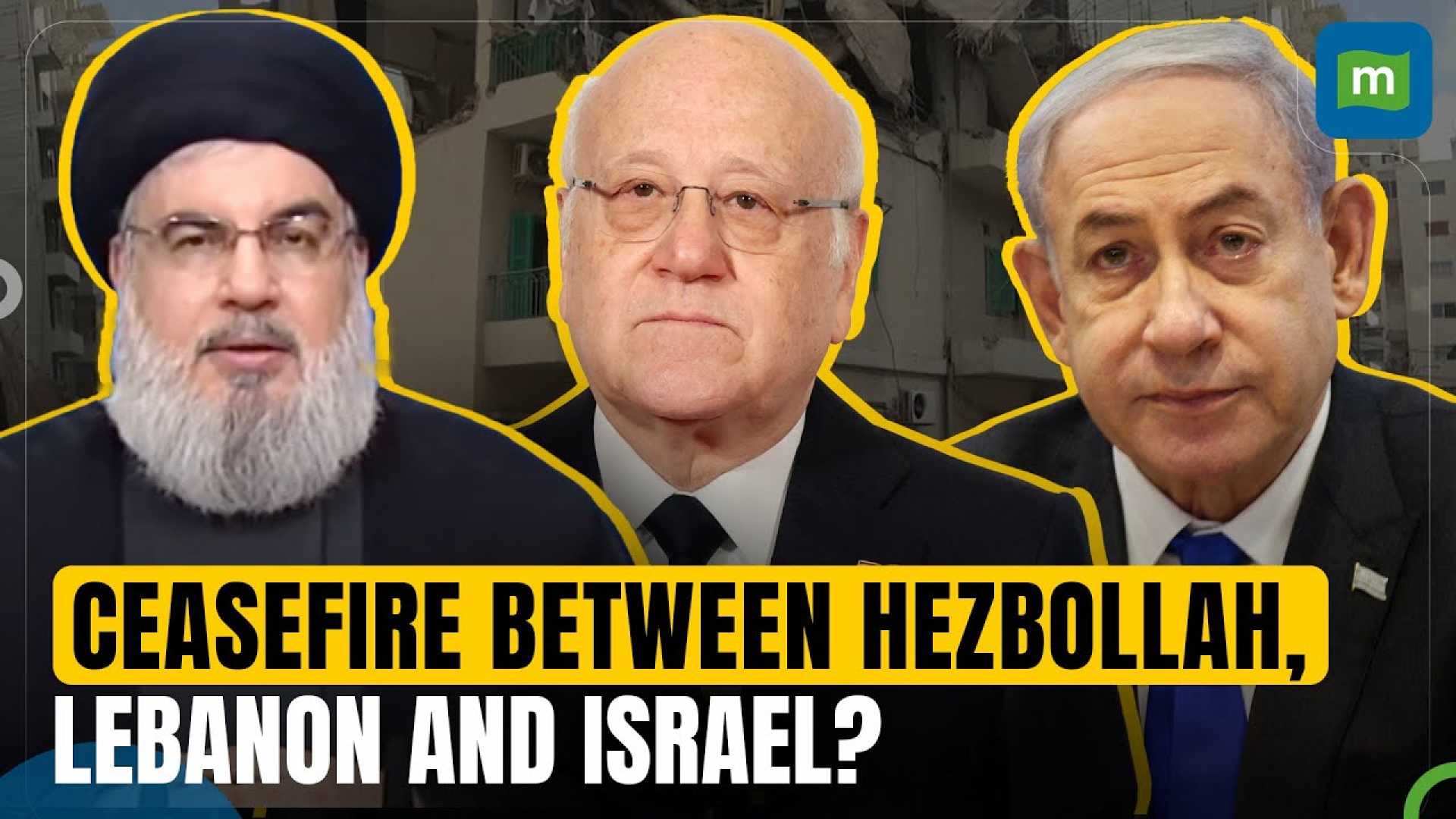News
Lebanon and Hezbollah Agree to US Ceasefire Proposal with Israel

Lebanon and the militant group Hezbollah have agreed to a US-proposed ceasefire with Israel, marking a significant development in the ongoing conflict. The agreement is based on the United Nations Security Council Resolution 1701, which ended the 2006 war between Israel and Hezbollah. This resolution requires Hezbollah to move its weapons and fighters further away from the Israeli border.
The US proposal, which has been endorsed by both the Lebanese government and Hezbollah, aims to establish a ceasefire that would end the hostilities that have intensified since October 8, 2023. US special envoy Amos Hochstein has been instrumental in these negotiations, meeting with Lebanese officials, including Parliament Speaker Nabih Berri, who is allied with Hezbollah. Hochstein emphasized that this is a critical moment for decision-making and expressed optimism that the conflict could be brought to an end.
However, the success of the ceasefire hinges on Israel’s response. Israeli Prime Minister Benjamin Netanyahu has indicated that Israel will continue to conduct military operations against Hezbollah even if a ceasefire is reached, citing the need to ensure Israel’s security and prevent Hezbollah from rebuilding its military capabilities. Netanyahu expressed skepticism about Hezbollah’s willingness to respect a ceasefire.
The proposed ceasefire agreement includes several key provisions, such as the removal of Israeli ground forces from Lebanon and the deployment of more Lebanese troops and U.N. peacekeepers to a buffer zone in southern Lebanon. The agreement also aims to prevent Hezbollah from re-arming and to create a wider buffer zone behind the Litani River.
Despite these efforts, hostilities have continued, with recent Israeli strikes in Beirut and Hezbollah launching rockets into northern Israel. The conflict has resulted in significant casualties, with over 3,500 people killed in Lebanon since late September.












